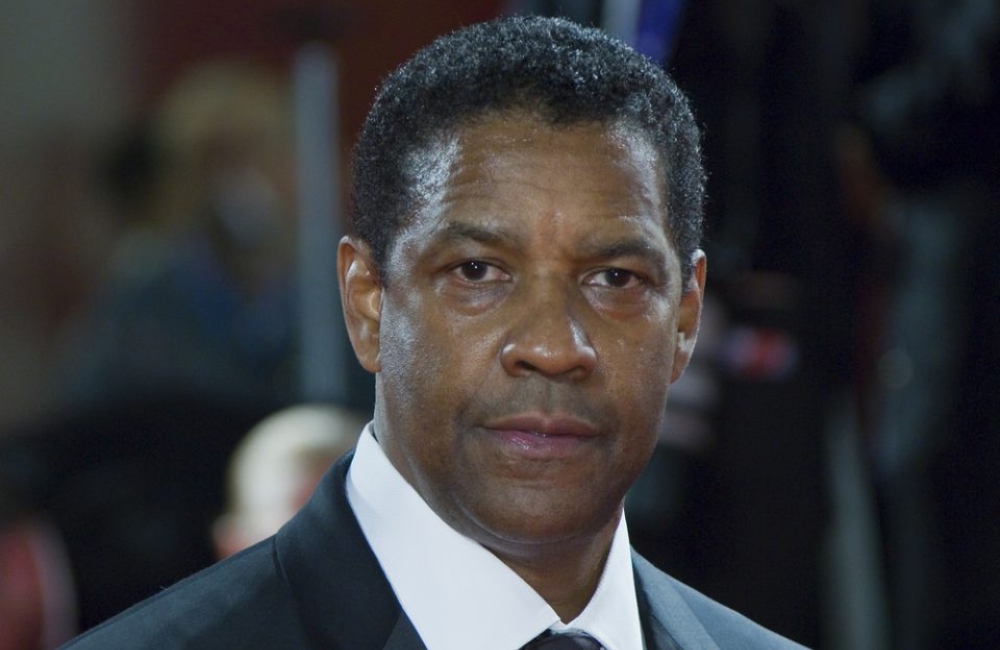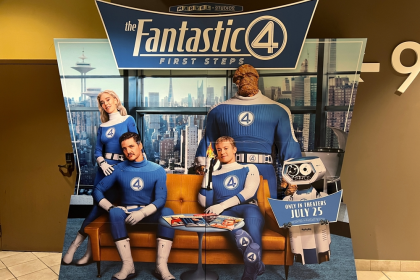In the sweltering summer of 1984, as Americans grappled with the lingering shadows of the Vietnam War and the persistent specter of racial inequality, a cinematic bombshell detonated in theaters across the nation. A Soldier’s Story, helmed by the venerable Norman Jewison, didn’t just captivate audiences – it ignited a firestorm of discussion that would smolder for decades to come.
The significance of ‘A Soldier’s Story’
Based on Charles Fuller’s Pulitzer Prize-winning play, A Soldier’s Story peeled back the layers of racial tension simmering within a segregated Army regiment during the Jim Crow era. The film’s exploration of how systemic white supremacy can fracture and divide even those it oppresses resonated deeply with Black audiences, many of whom had firsthand experience with military service and racial discrimination.
“It was like looking in a mirror,” says Dr. Angela Davis, professor of African American Studies at UC Berkeley. “For many Black veterans, the film validated their experiences in a way that mainstream Hollywood had never dared to do before.”
At the heart of this incendiary tale stood a young, virtually unknown actor named Denzel Washington. His magnetic performance as Pfc. Melvin Peterson would prove to be the spark that launched one of Hollywood’s most illustrious careers and forever altered the landscape of Black cinema.
A film that resonated with Black audiences
The film’s $21 million box office haul against a modest $6 million budget spoke volumes. Black intellectuals and everyday moviegoers alike flocked to theaters, drawn by a story that finally reflected their lived experiences on the big screen.
A Soldier’s Story didn’t just entertain; it challenged viewers to confront uncomfortable truths about race in America. The character of Sgt. Waters (Adolph Caesar), an alcoholic martinet who terrorizes his own men in a misguided attempt to gain White approval, serves as a stark allegory for the internalized racism that can poison communities of color.
“Waters is the embodiment of what W.E.B. Du Bois called ‘double consciousness,'” explains Dr. Cornel West, philosopher and social activist. “He’s torn between his Blackness and his desire for acceptance in a White-dominated world. It’s a tragedy we still see playing out today.”
Character dynamics and performances
The film’s ensemble cast created a rich tapestry of Black masculinity rarely seen on screen. Caesar delivered a powerhouse performance as the tyrannical Waters, while Howard Rollins brought depth to the conflicted Capt. Davenport. Even actors known primarily for comedy, like David Alan Grier, showcased dramatic chops that would reshape their careers.
“The cast was a who’s who of Black talent,” notes veteran actor Samuel L. Jackson. “Each performance added another layer to this complex story of race, power, and identity.”
Washington: A star in the making
But it was Washington’s breakout performance that truly set A Soldier’s Story apart. At 29, the future Oscar winner exuded a raw charisma that practically leapt off the screen. As Peterson, Washington embodied the complexities of a young Black man navigating a minefield of racial politics and personal ambition.
“Denzel had this ability to make you empathize with Peterson, even when you didn’t agree with his choices,” says film critic Wesley Morris. “That’s the mark of a truly exceptional actor, and it was clear even then that we were witnessing the birth of a superstar.”
Washington’s nuanced portrayal stood in stark contrast to the often one-dimensional roles offered to Black actors at the time. His ability to infuse Peterson with both humor and pathos challenged Hollywood’s narrow perception of what a Black leading man could be.
The legacy of A Soldier’s Story
For Washington, A Soldier’s Story was just the beginning. Five years later, he would earn his first Oscar nomination for Glory, cementing his status as a bona fide Hollywood star. Today, he stands as one of the most recognizable and respected actors in the world, known simply by his first name – a level of recognition shared by only a handful of true cultural icons.
“Denzel picked up where Sidney Poitier left off and ran with it,” says Spike Lee, who has directed Washington in several films. “He didn’t just open doors; he kicked them down and held them open for others to follow.”
The legacy of A Soldier’s Story extends far beyond Washington’s career. It paved the way for a new wave of Black filmmakers and actors to tell stories that challenge, provoke, and inspire. From the gritty realism of John Singleton’s Boyz n the Hood to the Afrofuturistic vision of Ryan Coogler’s Black Panther, the film’s influence can be felt in countless works that dare to present Black experiences in all their complexity.
As we approach the 40th anniversary of A Soldier’s Story, its relevance remains undiminished. In an era of renewed racial reckoning, the film’s exploration of power, identity, and the corrosive effects of racism feels as urgent as ever.
For those who haven’t experienced this landmark film, it’s more than just a historical curiosity. It’s a master class in storytelling, a showcase for some of the finest Black actors of a generation, and a window into a pivotal moment in American cinema. And for those who simply want to witness the birth of a Hollywood legend, watching a young Denzel Washington command the screen is reason enough to revisit this timeless classic.
In the end, A Soldier’s Story is more than just a movie. It’s a testament to the power of representation, the importance of confronting our shared history, and the transformative potential of great art. As we continue to grapple with issues of race and identity in America, this film serves as both a rallying cry and a roadmap for the challenges that lie ahead.
















